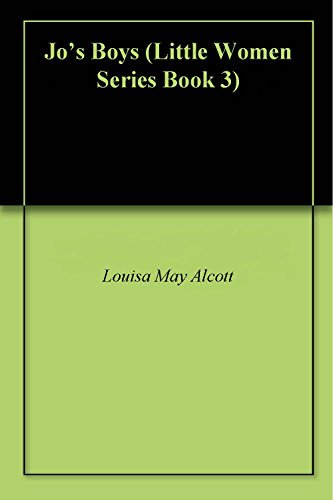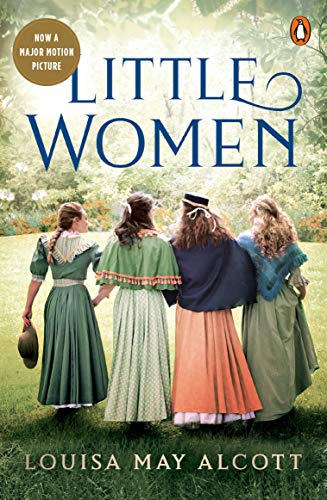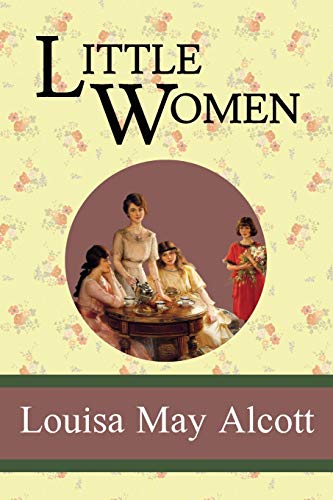Louisa May Alcott
Hospital Sketches
Louisa May Alcott (November 29, 1832 - March 6, 1888) was an American novelist. She is best known for the novel Little Women, set in the Alcott family home, Orchard House in Concord, Massachusetts, and published in 1868. This novel is loosely based on her childhood experiences with her three sisters.
Alcott was the daughter of noted transcendentalist and educator Amos Bronson Alcott and Abigail May Alcott. Alcott's early education included lessons from the naturalist Henry David Thoreau. She received the majority of her schooling from her father. She received some instruction also from writers and educators such as Ralph Waldo Emerson, Nathaniel Hawthorne, and Margaret Fuller, who were all family friends. She later described these early years in a newspaper sketch entitled "Transcendental Wild Oats." The sketch was reprinted in the volume Silver Pitchers (1876), which relates the family's experiment in "plain living and high thinking" at Fruitlands.
As an adult, Alcott was an abolitionist and a feminist. In 1847, the family housed a fugitive slave for one week. In 1848, Alcott read and admired the "Declaration of Sentiments" published by the Seneca Falls Convention on women's rights.
Poverty made it necessary for Alcott to go to work at an early age as an occasional teacher, seamstress, governess, domestic helper, and writer. Her first book was Flower Fables (1849), a selection of tales originally written for Ellen Emerson, daughter of Ralph Waldo Emerson. In 1860, Alcott began writing for the Atlantic Monthly. When the American Civil War broke out, she served as a nurse in the Union Hospital at Georgetown, D.C., for six weeks in 1862-1863. Her letters home - revised and published in the Commonwealth and collected as Hospital Sketches (1863, republished with additions in 1869) - garnered her first critical recognition for her observations and humor. Her novel Moods (1864), based on her own experience, was also promising.
She also wrote passionate, fiery novels and sensational stories under the nom de plume A. M. Barnard. Among these are A Long Fatal Love Chase and Pauline's Passion and Punishment. Her protagonists for these tales are willful and relentless in their pursuit of their own aims, which often include revenge on those who have humiliated or thwarted them. Written in a style which was wildly popular at the time, these works achieved immediate commercial success. (Wikipedia.org)
- ISBN
- 1647995078 / 9781647995072
- Pages
- 124
- Weight
- 11.4 oz.
- Dimensions
- 6.0 x 0.4 in.
Enjoy reading Hospital Sketches? You may also like these books
-

Louisa May Alcott
Little Women: Complete Series: – 4 Novels in One Edition: Little Women, Good Wives, Little Men and Jo's Boys
eBook (Louisa May Alcott Jan. 10, 2020) -
Z

Louisa May Alcott
The Little Women Collection: Little Women, Good Wives, Little Men, Jo'S Boys.
Paperback (Independently published Dec. 23, 2019) -
Z

Louisa May Alcott
The Little Women Collection: Little Women; Good Wives; Little Men; Jo's Boys
Paperback (Aladdin Dec. 3, 2019) -
Z

Louisa May Alcott
Little Women
Paperback (CreateSpace Independent Publishing Platform March 18, 2016)















